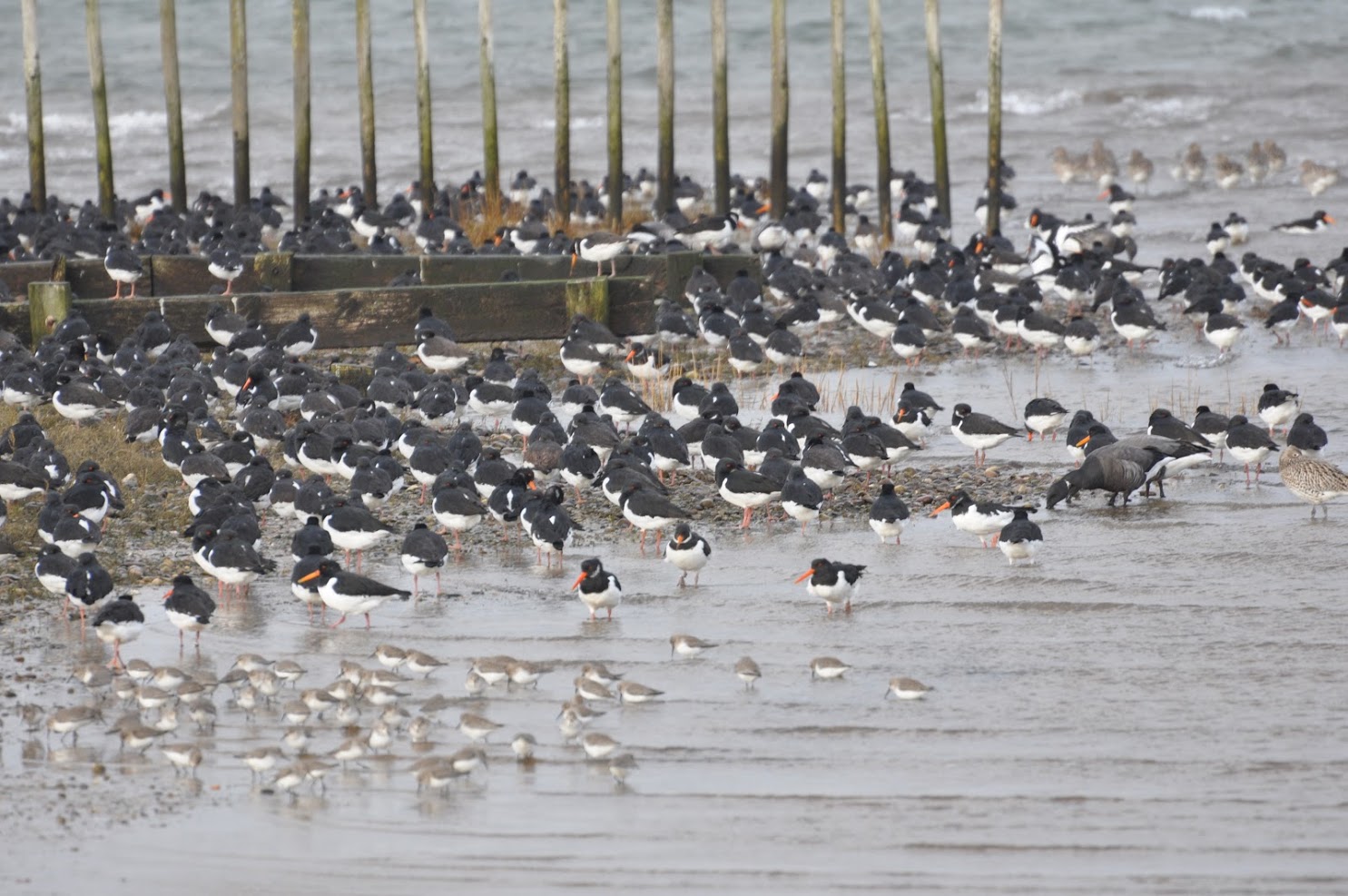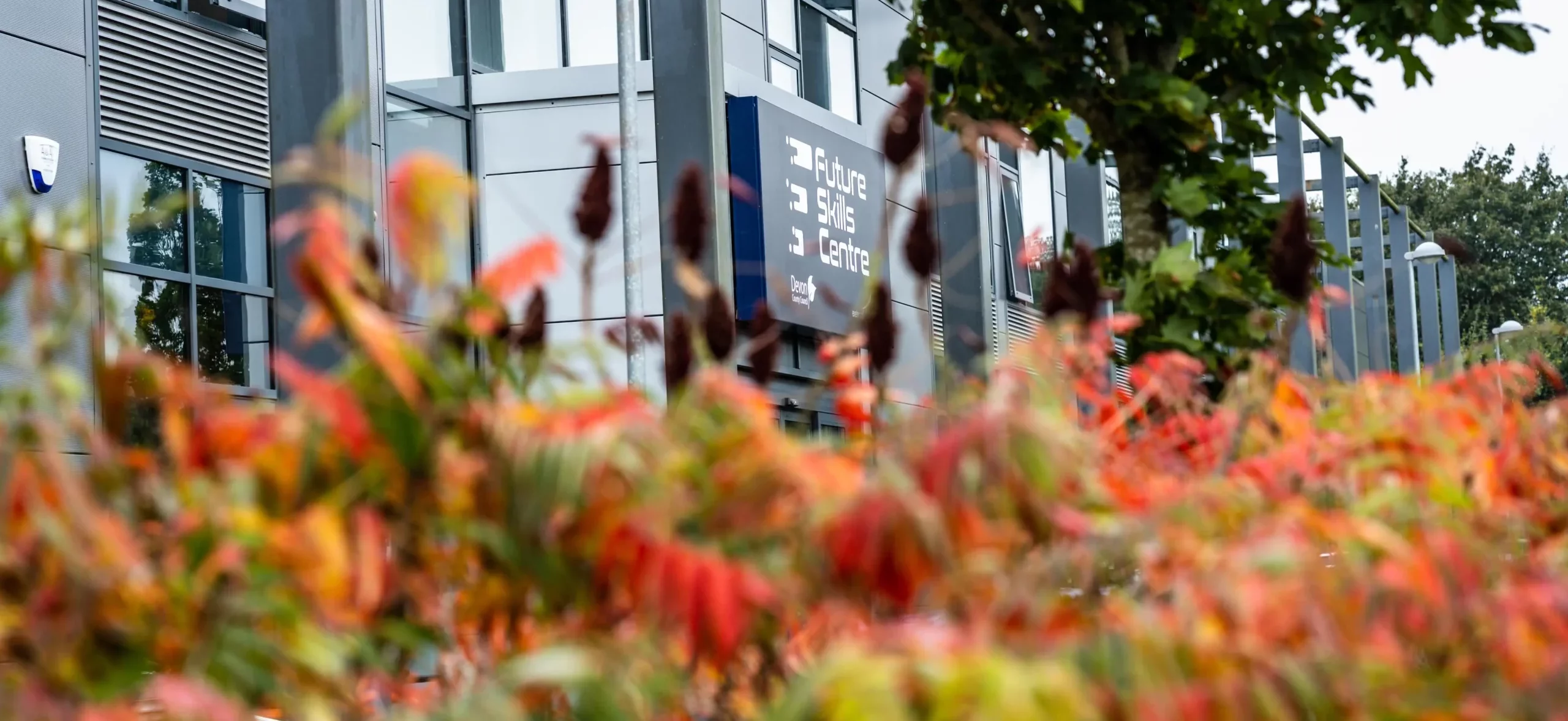
Annually from 15 September to 31 December, the Exmouth Wildlife Refuge becomes active, marked with signage and yellow “WR” buoys. The Dawlish Warren Refuge is active all year round. South East Devon Wildlife ask everyone to avoid these refuges from land and water to give birds the space they need to survive.
Cllr Jackie Hook, Chair of the South East Devon Habitat Regulations Executive Committee and Executive Member for Climate Change, Trees & Coastal at Teignbridge District Council said:
The food in and around the wildlife refuges is nutritious for our internationally important winter wildfowl migrants. Thousands of birds feast upon the seagrass, squabbling over the tastiest patches.
During high tide, rafts of Wigeon, Brent Geese and Shelduck wait until the seagrass tips are reachable. At low tide, Oystercatcher, Godwit, and Curlew probe the mud and sand for worms and shellfish.
Activities in the refuges like dog walking on the beach, fishing from the shore and water sports can disturb these birds, affecting their health and survival. By the end of December when the Exmouth refuge ends, the seagrass is sparse.
We thank everyone from dog walkers, those that fish, and users of water craft and power-boats, for their cooperation and help, in keeping these areas as sanctuaries for wildlife.
The wildlife refuges are an important success. According to Footprint Ecology’s 2021 study [HREC – Exe Estuary Wildlife Refuge Monitoring Programme third annual report – Appendix A.pdf (eastdevon.gov.uk)], birds are increasingly using these areas as safe spaces. Find out more and follow @sedwildlife and @devonlovesdogs (a free membership scheme which leads guided ‘waggy’ walks).

